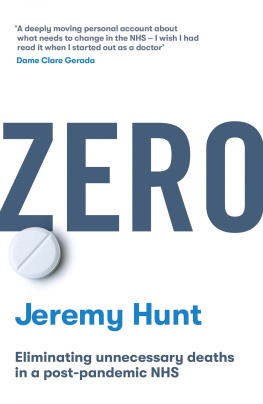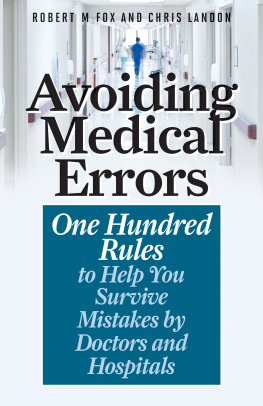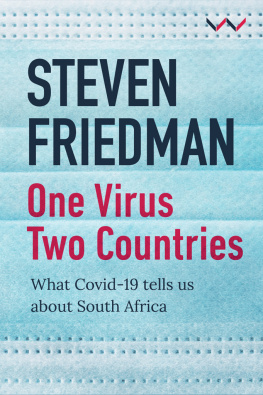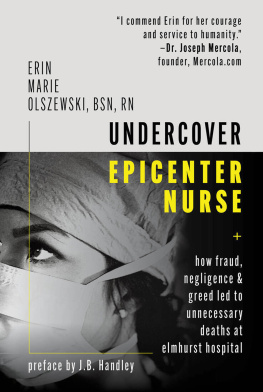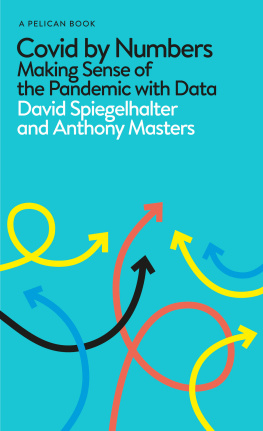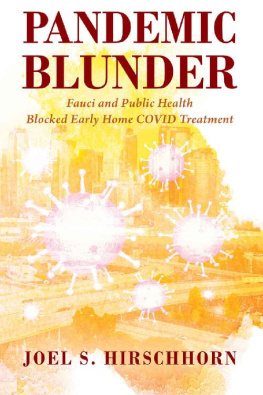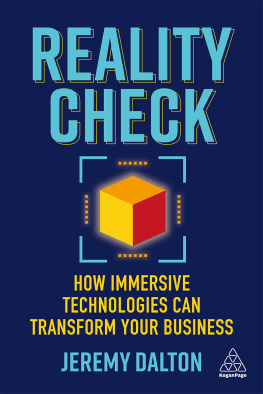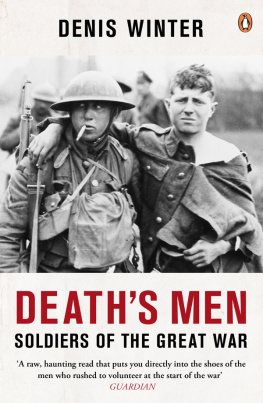This book is dedicated to the doctors, nurses and managers around the world who have been troubled for too long by the high levels of avoidable harm and death in modern healthcare. It is dedicated to the bereaved families who have taken up the cause on behalf of a lost loved one, not for financial gain but simply to try to prevent the same tragedies being repeated. And it is dedicated to the NHS, whose founding values are based on the principle that every single patient matters.
All royalties from this book will be donated to Patient Safety Watch, which funds research by Imperial College London into preventable harm and death.
Introduction
Could this be a 1948 moment?
1948 was the year a Labour government, with cross-party support, set up the National Health Service. Health Minister Aneurin Bevan famously dealt with opposition from the doctors union, the BMA, by stuff[ing] their mouths with gold.
The NHS has stood the test of time because the values it stands for have become entwined with what it means to be British. We are proud that whoever and wherever you are rich or poor, young or old, north or south you can always get the healthcare you need, irrespective of the size of your bank balance. We were not actually the first country to set up a universal healthcare system (that honour goes to New Zealand), but we are the probably the best known. By setting up the NHS at a pivotal moment for the world, right after the Second World War, we helped make universal provision part of the definition of a civilised country. Forty-three countries now offer a comprehensive version of it, including most developed countries, except of course America. Most others are planning universal provision. The NHS has had a huge influence beyond its shores.
But today, that pride in the NHS is starkly at odds with the exhausting daily reality for doctors and nurses. As the service starts its slow, blinking recovery from the Covid-19 pandemic, many feel a sense of helplessness. Frontline professionals are experiencing burnout in record numbers. Patients are wearily coming to terms with huge backlogs that have built up for cancer care or elective surgery. The institution is crying out for renewal, not just because of the threat of new viruses but because of the changing nature of illness caused by an ageing population.
In this book, I argue that the foundation of any reforms must be to improve the quality as well as the quantity of care delivered. NHS care, for all the pride we feel in it, is not always the best. In most studies, the NHS is around the middle of the pack for the quality of care it offers, tending to do better on the accessibility of care than outcomes. But why shouldnt NHS care be of the highest quality too?
Right now, that seems a tall order. Enormous backlogs in treatment have built up during the pandemic. If they are not managed properly, there will be pressure to compromise on standards of safety, which will reduce, rather than increase, the quality of NHS care. Some go further and say the NHS can never be the highest quality, for financial reasons: a taxpayer-funded system will never be able to afford the billions needed to pay for advances in modern medicine. Others think there is an inevitable trade-off between access and quality: free systems will never be able to match the standards of care in private ones, because they lack the incentive to put customers first.
Having been Health Secretary for longer than anyone else with all the ups and downs that involved I profoundly disagree. The pandemic showed the brilliance of British science and the dedication of the NHS workforce, so two key foundations are in place. Funding matters, although, as I will discuss later, the relationship between quality and money is more complicated than first meets the eye. But to offer the very best care we need to address a major structural problem, one that is faced not just by the NHS but by countries everywhere: finding a way to deal more honestly and humanely with the shockingly high levels of avoidable harm and death in modern healthcare systems.
Most tragedies are treated as inevitable, when in fact they could be prevented simply and cheaply. According to the WHO there are 2.6 million avoidable deaths every year in healthcare systems, making it a global top ten killer, affecting more people than tuberculosis or malaria, and nearly as many as HIV and road traffic accidents. We need to become better at learning from mistakes.
Other industries have succeeded in tackling avoidable harm and death through a root-and-branch change in culture. As Health Secretary, I initially shied away from culture change as being too nebulous and unlikely to have any practical impact. Ultimately, however, I concluded it was the most important change of all, without which improvements only have limited impact at best. Change is hard to deliver, but surely our forebears were no less weary or broke recovering from the Second World War in 1948? Focusing on delivering the safest, highest quality care in a way that eliminates avoidable harm and tragedy is the way to set the NHS up for the rest of the century our very own 1948 moment.
This book is not about me, but I should briefly explain how my interest in eliminating harm in modern healthcare systems arose. My journey started on Monday, 3 September 2012.
It was a glorious late summer day. As the government minister responsible for putting on the London 2012 Olympic Games, I was at the gleaming new Stratford stadium for the Paralympics. Despite the excitement of the sport, I was rather preoccupied. The Prime Minister, David Cameron, had come back from his holiday and was starting a process that always terrifies even hardened ministers: a Cabinet reshuffle.
I had no idea what was in store for me. Lots of pundits thought I would be sacked. Although I had just helped deliver a successful Olympics, I had been embroiled in the Leveson Inquiry into Rupert Murdochs BSkyB bid. My special adviser had been forced to quit, and for days I had woken up with journalists waiting outside my front door wanting the money shot of me leaving home on the day I resigned. Although the Leveson Inquiry eventually vindicated me, As I sat in the Olympic Stadium, amidst the cheers and excitement of the athletics, I felt anxious awaiting the Prime Ministers call. I knew I was vulnerable.
The next morning the summons to No. 10 came. As I walked through the famous black door, I experienced the well-oiled choreography of British government reshuffles. Ministers are met as soon as theyve crossed the threshold into No. 10 and discreetly shown to a waiting room always avoiding other Cabinet ministers on their way in or out. I was shown to the White Room, a beautiful room on the first floor used for bilateral meetings with visiting heads of government. Then there was a knock on the door, and I was ushered down to the Cabinet Room. On one side of the long, oval-shaped table sat just two people: the Prime Minister and his trusted chief of staff Ed Llewellyn. I sat directly opposite them nervously.
Then I got the shock of my life. Cameron asked me to be Health Secretary. For someone who had been under the cosh, it was a huge promotion.
He was in transmit mode, so didnt pause for breath as he started outlining what he wanted me to do with the job. We need someone in this job who speaks English was one of the phrases he used alluding to the difficulties the government had experienced in communicating Andrew Lansleys reforms. Then he suddenly stopped in mid flow and said, First, I should check will you accept the job?

